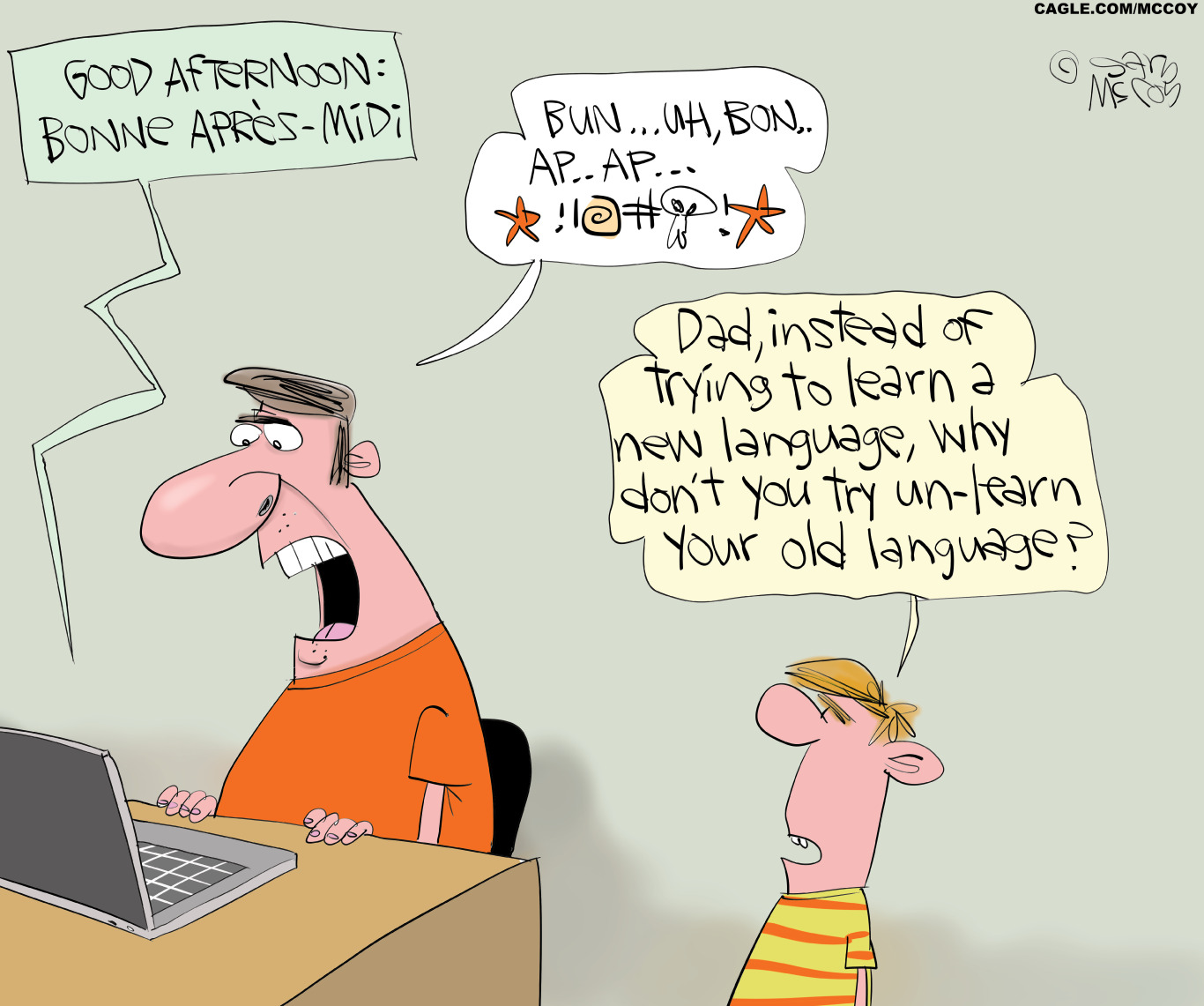The Imitation Game codebreakers also created brilliant palindromes
In between cracking Nazi secrets, the storied cryptanalysts tried to one-up each other in word games


The Bletchley Park codebreakers depicted in the film The Imitation Game (this year's Oscar winner for Best Adapted Screenplay) worked around the clock to crack the secret of Nazi communications during World War II, but they weren't all about work. They also used their skills for play.
Mark Saltveit, World Palindrome Champion and editor of The Palindromist Magazine, has spent years researching palindrome history and recently published an article on Vocabulary.com where he shares his discovery that many well-known palindromes originated from a bit of spirited competition among the cryptanalysts of Bletchley Park.
It started with mathematician J.H.C. Whitehead's "Step on no pets," which was answered by Peter Hilton's "Sex at noon taxes," and ended, after many rounds of increasingly heated one-upmanship with "what many consider the best palindrome ever." No, not the Panama one, amateurs. This one:
The Week
Escape your echo chamber. Get the facts behind the news, plus analysis from multiple perspectives.

Sign up for The Week's Free Newsletters
From our morning news briefing to a weekly Good News Newsletter, get the best of The Week delivered directly to your inbox.
From our morning news briefing to a weekly Good News Newsletter, get the best of The Week delivered directly to your inbox.
Doc, note: I dissent. A fast never prevents a fatness. I diet on cod.
The palindrome first came to light when it was the winner of a 1967 magazine contest. The person who submitted it admitted that he had not composed it himself, but had heard it from someone else who had also not composed it. Saltveit has now traced it back to Peter Hilton, the young mathematician who in the film pleads to use information from their partial decryption to save his brother on a naval convoy that is about to be attacked. (That did not happen in real life. Hilton did not have a brother on a naval convoy.)
It makes sense that those with a talent for uncovering meaning from patterns in strings of symbols would have a knack for creating palindromes. After all, a palindrome is just a meaningful string of symbols constrained by a specific type of pattern. In particular, Hilton's talent for visualizing two streams of information at once came in handy. He composed the champion palindrome in his head, without writing anything down, over the course of five hours, while lying in bed with his eyes closed.
Read more about Saltveit's research on the codebreakers' palindrome contest at Vocabulary.com.
A free daily email with the biggest news stories of the day – and the best features from TheWeek.com
Arika Okrent is editor-at-large at TheWeek.com and a frequent contributor to Mental Floss. She is the author of In the Land of Invented Languages, a history of the attempt to build a better language. She holds a doctorate in linguistics and a first-level certification in Klingon. Follow her on Twitter.
-
 Political cartoons for January 4
Political cartoons for January 4Cartoons Sunday's political cartoons include a resolution to learn a new language, and new names in Hades and on battleships
-
 The ultimate films of 2025 by genre
The ultimate films of 2025 by genreThe Week Recommends From comedies to thrillers, documentaries to animations, 2025 featured some unforgettable film moments
-
 Political cartoons for January 3
Political cartoons for January 3Cartoons Saturday's political cartoons include citizen journalists, self-reflective AI, and Donald Trump's transparency
